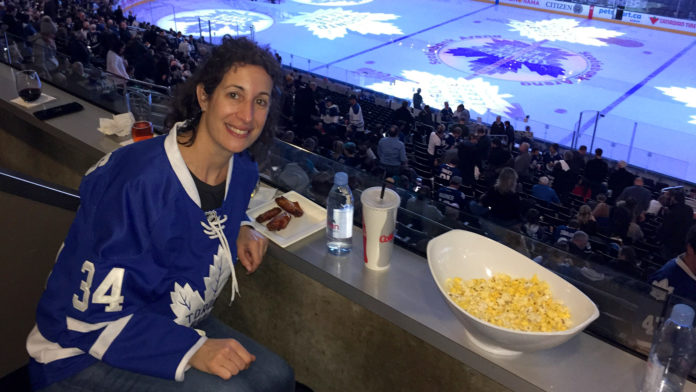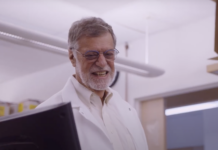Shayna Rosenbaum is a York University Research Chair and Professor at the Department of Psychology known for her work on helping patients with hippocampal damage recover navigational functions. We asked everything from her career shift to what historical figure she’d like to meet in hopes of giving you a better understanding of what goes on outside the lab for one of the best minds in Canadian research.
What do you like most about being a researcher?
What I love about being a researcher is that it never feels like just a job. After dozens and dozens of studies, I am still excited by nearly all phases of the experimental process, from designing a set of stimuli that seems to target the problem that we are investigating to testing participants and analyzing, interpreting, and writing up the results.
There are highs and lows, but the satisfaction of learning and discovery throughout the process is worth the effort, especially when it is the product of collaborations with bright and creative students and colleagues who approach research questions from diverse perspectives.
What advice would you give young researchers?
Pursue problems that you find exciting and meaningful. Try to work on those problems with people who you respect and enjoy spending time with, and who may be from other disciplines. If you are stuck on a problem, return to it after taking a break and, if necessary, reformulate it so that it can be more readily or effectively addressed with the resources available to you.
Be sure to share your knowledge and passion with others – experts and non-experts alike – they might even contribute new ways of thinking about your research findings.
What inspired you to become a researcher?
I entered graduate school with the intent of becoming a clinician. I achieved that goal, but along the way, I had the fortune of working with amnesic people whose memory loss never quite played out in the way that I had expected based on my training. I began to appreciate that in order to really help these individuals, I would need to take an empirical approach to investigate how memory is organized and represented in the brain.
What inspired me to study memory is that it has the power to transport us to the time and place in which we experienced something significant and to relive the emotions associated with it. Memory can shape some of the decisions that we will make in the future, how we interact with other people and our personal identities.
What do you like to do for fun?
I love listening to music, canoe rides, skiing, watching reality cooking shows, attempting new recipes, and having a good laugh with family and friends.
What’s your favourite cuisine?
I have many favourites. I was exposed to a variety of cuisines through my mother who is somehow able to decode meals served at restaurants in multicultural Toronto and then recreate them at home. I am about to visit Bologna, where I am sure to rediscover my love of Italian food.
If you could do any profession other than your own what would it be?
If given the choice (and talent), I would choose to be a songwriter. Like my current profession, it requires generating and implementing ideas that resonate with others.
If you could meet any historical figure, who would it be and why?
Albert Einstein. He was able to capture the essence of a problem while maintaining a great sense of humour.











































